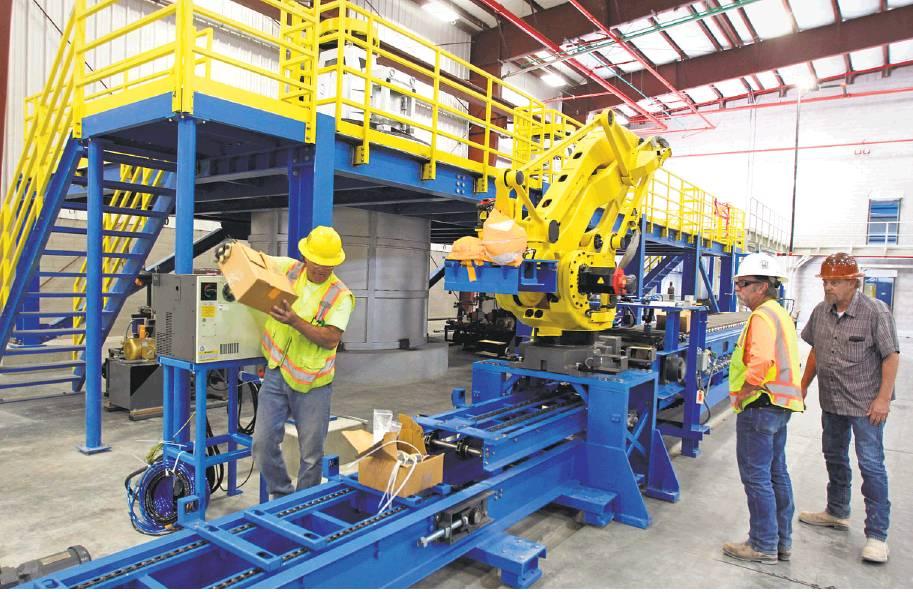
The vast majority of the world’s large batteries are still comprised of lead. And despite their toxicity and cumbersome weight, lead-acid batteries are still the preferred technology to provide electrical current for automobiles. According to one NGO, used lead battery recycling is the world’s most polluting industry, based on its threat to human health in much of the developing world.
In countries like the U.S., the recycling of lead-acid batteries, while an imperfect technology, is relatively benign; and in fairness to the automotive industry, approximately 98 percent of these batteries end up recycled in the states. But as Damian Carrington profiled last week in the Guardian, old lead batteries are in demand throughout emerging economies, such as China, as more people are able to afford cars. And many citizens are at risk as these batteries are often disassembled with pickaxes and hammers.
The results include the increased contamination of soil and water as much of this recycling work is done in people’s homes and yards. Considering how poisonous lead is, one unwanted car battery left in a dumpster is one battery too many.
One startup, Aqua Metals, claims it has developed a lead-acid battery recycling process that could be a game changer and reduce this industry’s environmental impact -- if it can scale.
Aqua Metals opened a new lead recycling plant in McCarran, Nevada, a 15-minute drive east of Reno and just a few miles away from Tesla’s battery “gigafactory.” The procedure, which the company calls “AquaRefining,” relies on a reusable water-based technology. An electromagnetic process extracts the lead from other battery materials, resulting in a recycled product that is 99.99 percent pure lead, Aqua Metals says.
According to the company, this is a much more energy-efficient process compared to the traditional lead smelting technologies that were long used to salvage lead from batteries. In addition, Aqua Metals says very little sulfur dioxide is emitted at its new plant; it also sends no lead slag to landfills and cuts greenhouse gas emissions by 80 percent compared to a conventional lead smelter.
Most press reports indicate the cost of Aqua Metals’ recycling plant was around $30 million. In May, the automobile manufacturer Interstate Batteries invested $10 million in the recycling startup, and also gave Aqua Metals at least 1 million used batteries for recycling at the Nevada facility.
Whether this is a technology that can transform the lead-acid battery industry remains to be seen. Since the company’s $36 million initial public offering last year, its stock remained relatively flat. After hovering around $5 a share for most of 2015, its share price reached over $12 this summer. At press time, the stock was valued at $8.40; despite the splash made over the company’s recycling plant opening, investors so far appear nonplussed.
The challenge for Aqua Metals is for its recycling plant to keep up with demand and prove to be a viable long-term solution for an almost 160-year-old technology the United Nations says poses huge risks to human health and the environment. If the company can eventually expand or even license this technology, it could help clean up an industry which, despite new innovations in battery technology, in reality is not going away at any point soon.
Image credit: Aqua Metals

Leon Kaye has written for 3p since 2010 and become executive editor in 2018. His previous work includes writing for the Guardian as well as other online and print publications. In addition, he's worked in sales executive roles within technology and financial research companies, as well as for a public relations firm, for which he consulted with one of the globe’s leading sustainability initiatives. Currently living in Central California, he’s traveled to 70-plus countries and has lived and worked in South Korea, the United Arab Emirates and Uruguay.
Leon’s an alum of Fresno State, the University of Maryland, Baltimore County and the University of Southern California's Marshall Business School. He enjoys traveling abroad as well as exploring California’s Central Coast and the Sierra Nevadas.














